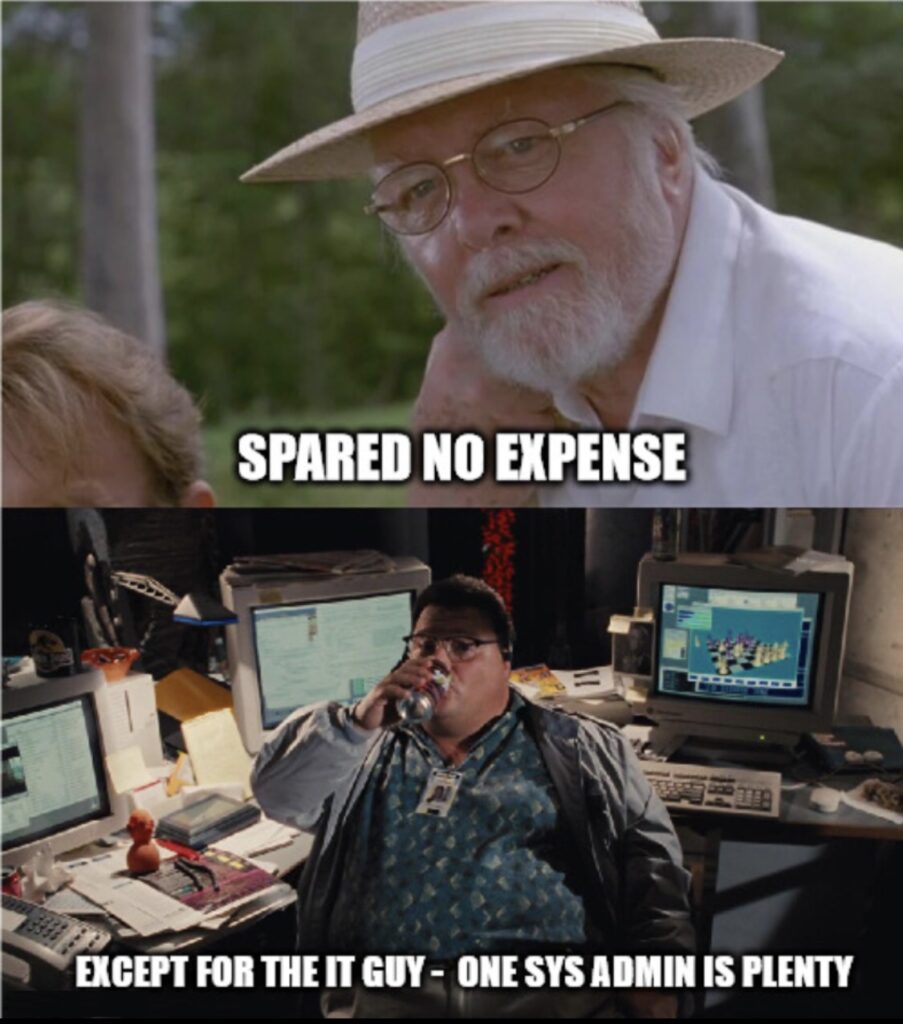Josh Topolsky, writing at Input:
But thank god for the internet. What the hell would we do right now without the internet? How would so many of us work, stay connected, stay informed, stay entertained? For all of its failings and flops, all of its breeches and blunders, the internet has become the digital town square that we always believed it could and should be.
So true. Feeling isolated? Cooped up? Me too. But imagine what this would’ve been like 30 years ago. This sort of crisis is what the internet was designed for, and it’s working.
Source: Daring Fireball: ‘Thank God for the Internet’
I’m dubious about the quoted article’s opinion of the net value of the internet to society at large, and it’s Gruber’s take that precisely highlights my problem with it. The underlying assumption is that we’re all going stir crazy, and the Internet is saving us from the worst of it.
It’s the information bandwidth created by the internet that is driving us crazy, forcing us all to live at breakneck speed to keep up with it. Thirty years ago, you simply didn’t know the social activities of every one of your acquaintances. Because of that, you couldn’t feel compelled to try to fit them all into your schedule, and participate, in some capacity, or, at the very least, acknowledge them, lest you offend someone, and then suffer their displeasure in the form of them pressuring other parts of your social life in negative ways.
Thirty years ago, you had a small circle of friends, because that’s all your “information bandwidth” would allow for. And you were happy. You made things work. You made phone calls. You went to church. You went over to someone’s place, and talked, or played a game. The internet ruined that. The internet is the reason that families run 24×7 to keep up with every thing and every one. It started with an assumption that, hey, you and I are friends, and if you only knew *this thing* was happening, you would, of course, want to show up for it. And now, every single person you know is trying to get *their thing* onto your schedule. The problem is that we feel socially guilty about saying no, for fear that we will lose standing in someone else’s eyes, and perhaps not be invited to the next thing that we actually do want to be involved with.
The internet is the reason that you know what people you wouldn’t have even called friends in high school are up to, thirty years on, and you kinda-sorta feel compelled to congratulate them for it. The internet is why you know that that one guy at work is doing this charity thing next month, and you don’t really know him, and don’t really care about his cause, but the event is pulling in a couple of people you want to like you, and you really don’t have anything better to do in that 2-hour block of time, so, fine, you’ll go.
So, yeah, “the internet” is the only thing that can help you refill that emptiness created by “the internet,” which keeps you binging on it. And all the “Web 2.0” companies laugh all the way to the bank for preying on your need for human connectivity and relevance, manipulating your opinion for their benefactors, and “monetizing” your “eyeballs.”
And that’s just the social networks. What about the actual facts of science relating to the virus, and the government’s response to it, and the media coverage of it all? It’s a frightening mess of clashing opinion, creating warring tribal factions about who’s right and who’s wrong. It’s literally tearing society apart, fractioning us into camps which can never be reconciled.
The absolute worst part of this is the United States’ two-party system, and the non-overlapping dichotomy of ideology it forcibly implies. So, given any statement, people feel license to derive an entire worldview for the other person, down to their income level, geographic location, intelligence level, and what they surely must think about every other topic. Twitter, for instance, is almost literally made of strawman arguments. Sometimes, it feels as though, if you used machine learning to delete strawmen from the platform, more than half the content would be gone, and it would definitely be the half that generates all the ad revenue.
It doesn’t have to be this way. It wasn’t that way before. Respectable journalists digested the facts, wrote articles, and news editors gave us a well-formed narrative. Were there oversights? Was there propaganda? Sure, but people found ways to get the story out. Now, any crank with a computer can spew his or her unsound opinion on any particular topic, and entire communities spring up around it, to support it and keep it alive. I’m not talking about flat-earth or faked-moon-landing stuff here; I’m talking about anti-vax, climate change, human rights, and terrorism. Stuff that really matters, now, and to our children’s children.
Right now, the total effect is hardly distinguishable from everyone just stepping out of their homes, into the street, and screaming at the top of their lungs. In the same way as with America’s broken health insurance system, the people who are the fans of the status quo are, predictably, the winners of the current system: the blue checkmarks. You might find it to be great, because you’ve got a really loud voice, but that just makes other people even more upset with you.
“The internet” is perverting just about every element of human relations. Facebook and Twitter are the arch-villains here, but every other online forum isn’t far behind. At this point, I could probably write a book about what I’m seeing, but I’m sure that there are already several out there, and I’m just waking up. So, no, I don’t buy the argument that the internet is vastly more good than bad. To me, it’s marginally better, at best. In another 30 years, I think we will look back this time of the internet, and weep for the damage it caused, and the opportunity for good which was lost.



